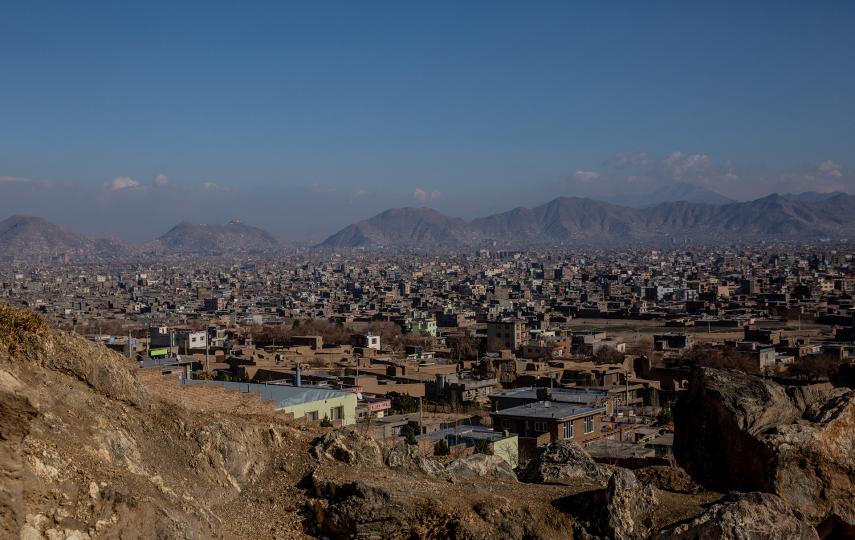“Cities are more vulnerable because there are a higher concentration of people at risk; at the same time they are the economic engine so the impact of the damage is greater,” N.M.S.I Arambepola, direct of Urban Disaster Risk Management with the Asian Disaster Preparedness Centre, told IRIN on the eve of the International Day for Disaster Reduction, 13 October.
The UN’s 2010-2011 campaign theme, Making Cities Resilient: My City is Getting Ready, seeks to convince city leaders and local governments around the world to work with grassroots networks and national authorities to boost their cities’ resilience, including providing homeowners with incentives to reduce their exposure to disasters, improve school and hospital safety and invest in flood drainage.
Experts say this is important for the Asian region where many fast-growing, high-density settlements exist in low-lying, flood-prone areas or on earthquake fault-lines.
“If you don’t keep up the administration, for example, if you have land codes but don’t enforce them, the risk of destruction and human and economic exposure is that much higher,” Jerry Velasquez, senior regional coordinator with the UN International Strategy for Disaster Reduction (UNISDR) told IRIN.
Seven of the 10 most populous cities in the world are in Asia and the region’s urban population is expected to double from 1.36 billion to 2.64 billion by 2030, according to the UN Population Fund.
Until now, 60 cities in the Asia-Pacific region, out of 118 worldwide, have signed up to the campaign, pledging to invest in infrastructure, better land-planning and awareness-raising.
The biggest priority should be land-use planning and better construction of buildings, Arambepola said.
“Because of poor land-use planning, many countries in Asia have a problem of informal settlements. With so many people migrating to the cities, many of the most vulnerable urban populations settle in the more disaster-prone areas where no one else wants to live.”
On 13 October, representatives from cities across Thailand will come together to pledge their commitment to making the country's cities safer.
Bangkok and Patong will be named role-model cities, to be used as benchmarks for participating cities around the world to evaluate their own efforts.
Patong, in the tourist-popular Phuket province in southern Thailand, which was badly affected by the 2004 Indian Ocean tsunami, has invested US$18 million in implementing early-warning radars, re-zoning the beach and training response teams.
“Every city needs to be safe,” said Chairat Sukban, Patong’s deputy mayor.
cm/pt/mw
This article was produced by IRIN News while it was part of the United Nations Office for the Coordination of Humanitarian Affairs. Please send queries on copyright or liability to the UN. For more information: https://shop.un.org/rights-permissions





